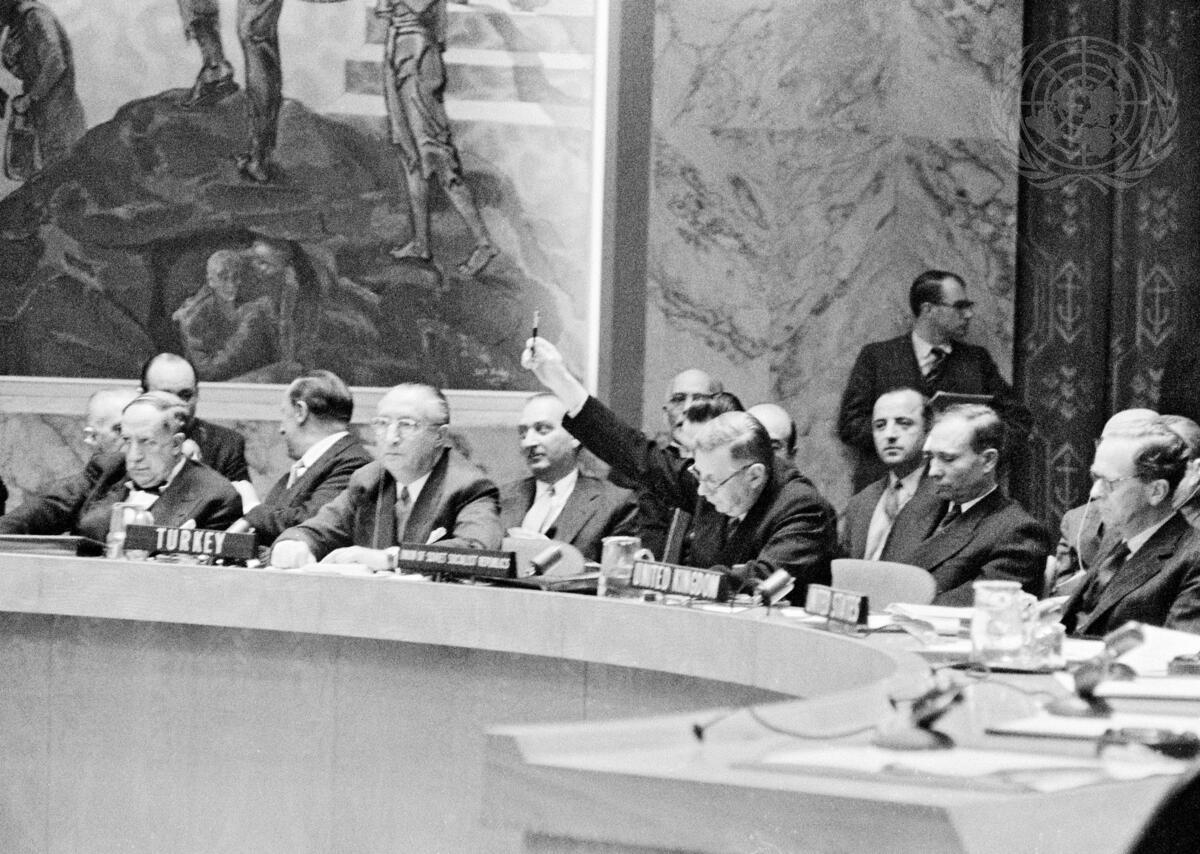
The U.N., Russia and Ukraine: Can Russia Really Be Kicked Out?

When the Ukraine invasion began, a Ukrainian diplomat made what seemed to be a relatively small comment about the potential to remove Russia from the Security Council (SC) in response. This call has now been echoed by a few others in the international community, but many are treating it as unrealistic. After all, Russia is a Permanent Five Member (P5) of the Security Council, and as such can veto any resolution calling for its removal.
While the news is talking about this and the political implications of trying to remove Russia, most commentators have missed the real “behind the scenes” way in which Russia could be removed, not just from the SC, but possibly from the United Nations entirely.
The key element here is that the “Russian Federation” does not exist as a Member State of the United Nations in the United Nations Charter and was never formally accepted through the usual process of States acceding to the United Nations. How did this happen? On 25 December 25 1991, the Union of Soviet Socialist Republics (USSR) ceased to exist, and the Russian Federation (plus other former Soviet States) was born. Russia, the United States and the West worked out a deal allowing Russia to take over the seat of the Soviet Union at the UN, but this was never formally approved by the recommendation of the Security Council, or a vote of the General Assembly. Instead, the United Nations Credentials Committee met and, without objection, accepted the Russian Federation into the United Nations, allowing it to be seated on the Security Council and other bodies as if it were the Soviet Union. There was an unspoken understanding in place—so long as no one objected, the Russian Federation could be seated.
In the current situation, there are two problems. First, the United Nations Charter was never amended. Chapter V, Article 23 lists the Permanent Members of the Security Council, and the USSR is still on that list. Russia is not. Second, the United Nations Credentials Committee is a body of the whole that meets at the beginning of every year to seat members. This is typically pro forma, accepting the diplomats from the various Member States of the United Nations. But in this case, the Committee made an exception to accept the Russian Federation. And what that Committee giveth, it may also taketh away.
There is even precedent for this in the United Nations seat held by China. The Republic of China (Taiwan) held China’s seat from the founding of the United Nations in 1945 until 1971. At that time, with no formal change to the Charter, the Credentials Committee accepted representatives from the People’s Republic of China to take China’s seat, including on the Security Council. Nationalist China was out, and Communist China was in. This was done after long, behind the scenes negotiations, but nonetheless it was done informally, without using the full legal mechanisms of the United Nations Charter.
So yes, the United Nations, through the Credentials Committee, could choose to not recognize Russia either for the entirety of its seats, or arguably on the Security Council alone.
Before anyone goes too far though, the above is the history and technical side of how this could be done. The political question of should this be done is still paramount and will certainly drive any discussions of going through this process. Russia is in the United Nations as a P5 country because they are powerful, and in part because the United Nations has very little meaning as a peace and security body if the most powerful countries are not members. Pushing Russia out of the United Nations, or off of the Security Council, would be a true “nuclear option.” This is not likely to happen, and especially not likely unless all other forms of negotiation have ended and there is no hope to keep Russia within the community of States.
The United Nations does not often condemn countries unless they are completely unwilling to come to the table to negotiate. Removal from the Security Council would be the ultimate condemnation.
…
Brian Endless, PhD is the President of the Board of American Model United Nations. His dissertation was on the United Nations Security Council and international legitimacy, including research into the makeup and procedures of the Security Council.
Keep Up With The Accords
More to read
The AMUN Accords is a premier resource for fact-based Model United Nations simulations. We are always looking for new contributors. Want to write for the AMUN Accords? Check out out the submission guidelines and then get in touch!
